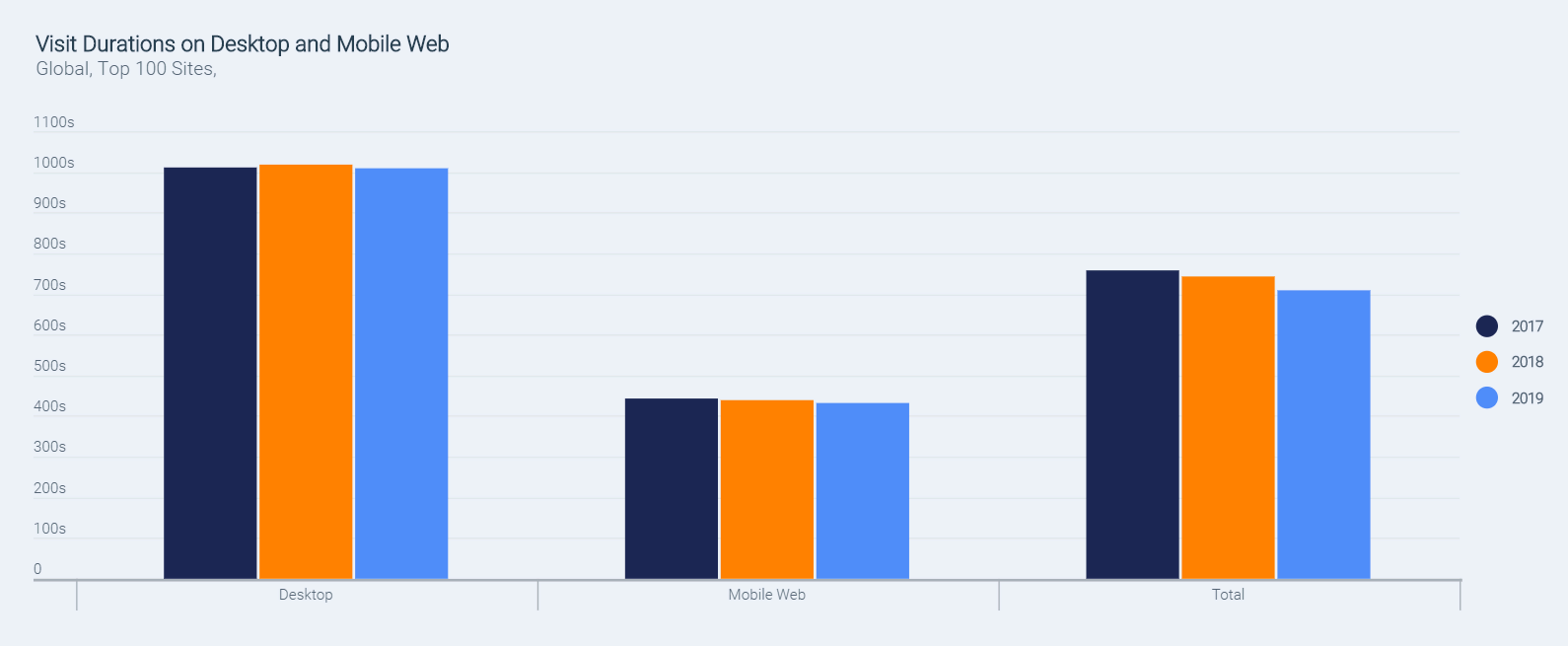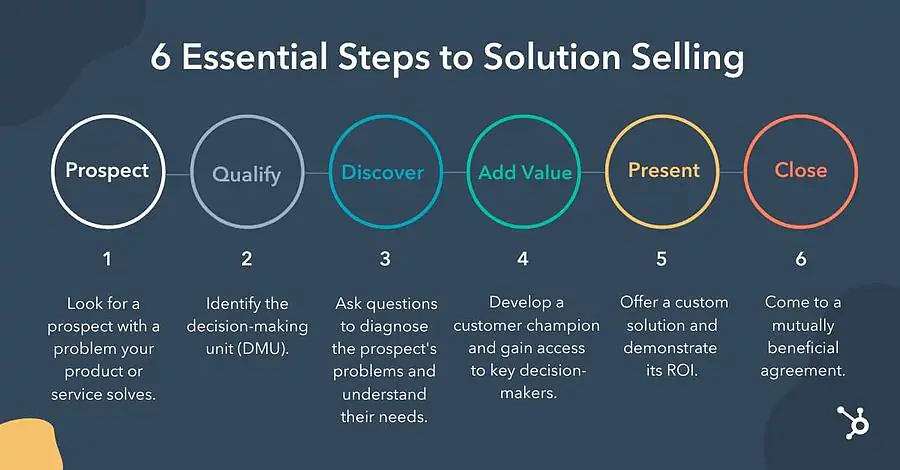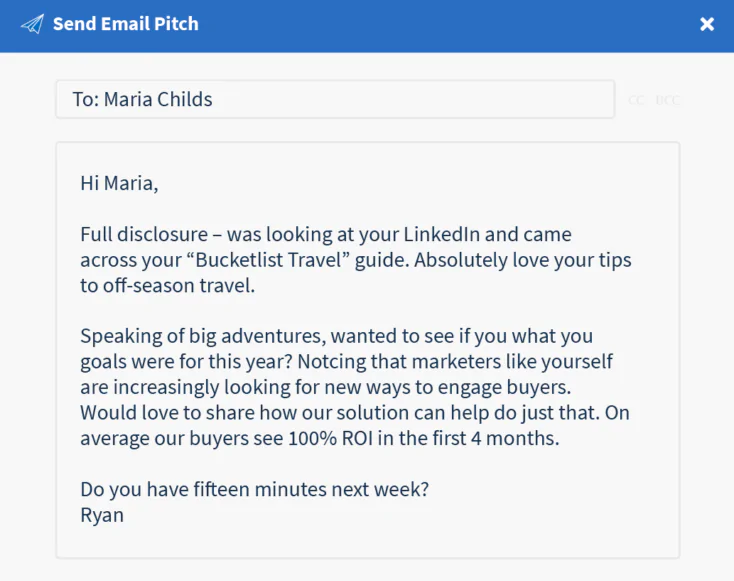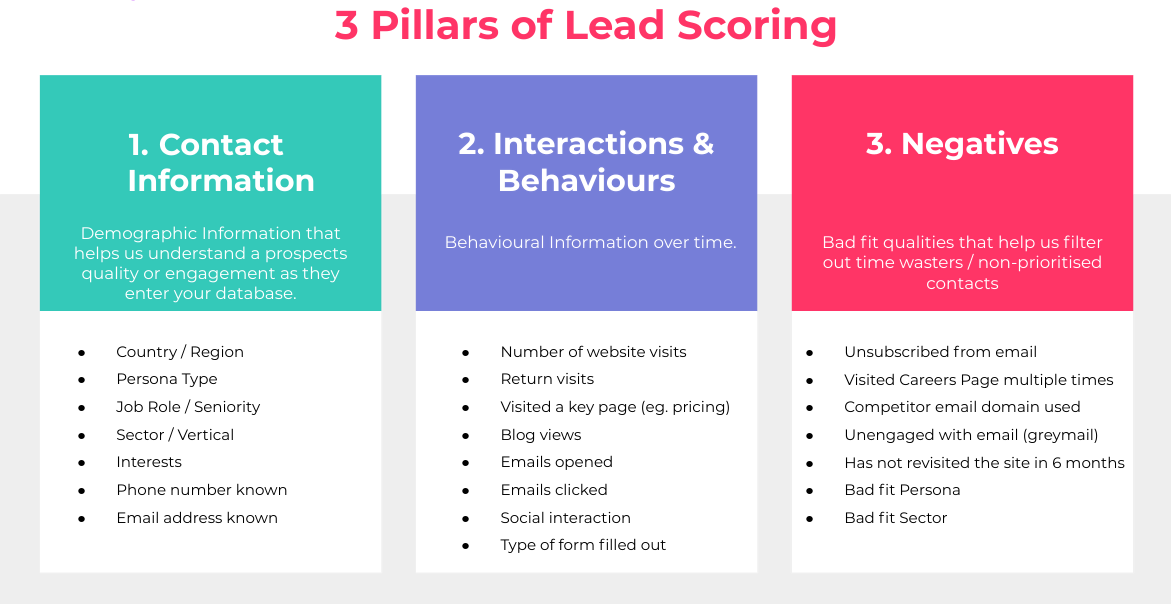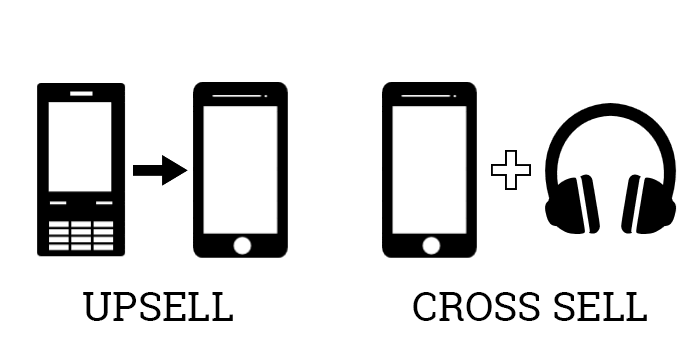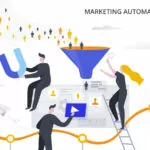Closing leads is a marathon run together by Marketing and Sales.
Your leads complete 57% of their buyer’s journey before they even reach your sales reps. In this scenario, having a poor sales pitch can ruin all the progress your company has made so far.
No wonder that sales pitching is a pivotal skill that your team must master.
Sales pitching is nothing but the act of motivating your leads into taking a desirable action – ultimately, purchasing your products or services.
Yet, pitching to leads could never be more difficult. Out of 400 sales reps surveyed by Sales Insights Labs, only 24.3% were able to exceed their sales quota. The survey also revealed that 61% of sales professionals find it more difficult to close leads than five years ago.
With so many challenges, sales pitching can be brutal for businesses that operate on a multi-location level. With your franchises and dealerships spread all over the country (or internationally), your sales reps are dealing with varied audiences and pitching to leads from some very different demographics.
A good sales pitch needs to be concise and compelling. With people’s online attention span reducing every year, you need to make sure that you make your message contextual and get it across as quickly as possible.
Source: Similarweb
At the same time, if you do not “convince” your leads enough, they won’t convert into a customer. This is why personalization and data are so important – they equip your sales reps with the right tools and information to create compelling pitches while being as concise as possible.
Let’s explore how your sales team can optimize their pitches to connect more directly with prospects.
Key Takeaways:
- Sales pitching is a complex yet valuable skill for sales reps that stands on the twin pillars of personalization and data.
- Personalizing your sales pitches allows you to stand out from your competitors and connect with your leads on a personal level.
- Drawing insights from data can help you strategize your sales pitches by prioritizing the right leads, improving the customer experience, and maximizing order value.
- Aligning Sales and Marketing, empowering sales reps with the right collateral, and having the right technological stack are keys to craft and deliver great sales pitches.
Personalization
Modern consumers are bombarded with choices every step of the way while choosing any imaginable product or service. In this situation, how do you make sure that your ideal customer chooses you?
This is why you need personalization in your sales pitch.
80% of consumers admit they would rather buy from a company that provides a personalized buying experience. Clearly, if you want your ideal customers to respond to you, you need to make sure that they know you’re talking to them.
Remember: sales pitching is a two-way conversation, not a monologue.
1. Rise Above the Noise
When are you most likely to hear someone in a crowd of people? When you hear your name being called out, of course!
Personalization in sales pitching works exactly like this. Your ideal customer is constantly surrounded by the noise of competing businesses. With simple personalization tactics, your sales reps can elevate your organization from the crowd and stand out.
Whether it is touching upon people’s emotions with a powerful headline, including your lead’s name in the email subject line, or simply addressing them as “you,” personalization does not have to be difficult.
For all this, you need to make sure that you know your leads thoroughly. With a good study of your CRM database and customer profiles, your sales reps will be equipped with the right information to touch upon the points of interest and ask them questions that ultimately lead towards the sale.
2. Don’t Sell Products, Offer Solutions
Do you know what sets apart successful sales professionals from unsuccessful ones? Their understanding of buyer psychology.
A consumer is never motivated to buy a product or service simply because it has good features. They only choose to make a purchase if the offer’s features provide them with what they see as benefits.
Sales pitching is not about telling your ideal customers what you offer. It is about relating your offer’s features with the benefits the customer will derive immediately on purchase. It’s about selling a “solution” rather than the product. As they say, sell the hole, not the shovel!
Source: HubSpot
Understanding your lead’s pain points and focusing on how your offer can solve them lies at the heart of sales pitching. This is easier said than done because most marketing and sales strategies focus on improving the product and generalized features as opposed to delighting every individual customer.
No wonder that despite the availability of excellent products and services for every need, only 13% of executive buyers feel that salespeople understand their problems and genuinely attempt to solve them.
3. Create a Deep Connection
Personalization is all about addressing your leads at a human level. It establishes a close and meaningful conversation between the salesperson and the lead since you are viewing them as an individual instead of a crowd.
With personalization, you humanize your brand to your target audience. This forges a much deeper connection and shows your leads that you care about their problem.
Always make an effort to find something your prospect cares about most – that will help you make an instant connection, break the ice, give common ground, and set the tone for the conversation ahead.
Source: Highspot
The above email makes it clear the sender has taken the time to go through the prospect’s LinkedIn profile and found something he too can identify with. He then tries to guide the conversation toward the solution he is selling.
Data
The right sales pitch is a combination of logic and emotions. While personalization attracts leads at a human level, data lets you infer what they need and gather the information you can pass on to them.
Data forms the backbone of personalization. You can’t tailor your sales pitches to your leads’ interests when you have no information about them.
1. Qualify and Score Your Leads
The biggest benefit of anchoring your sales pitches on systematically collected data is prioritization.
You get a barrage of Marketing Qualified Leads (MQLs) every day. A few of those will make the cut for Sales Accepted Leads (SAL). Fewer of those will actually be willing to make a purchase.
This is why prioritization is important. It is important that sales reps use their time and resources effectively by focusing on the leads that are red hot and ready to convert and/or might turn out to be the most profitable.
This is where lead scoring comes in. With lead scoring, you assign a numerical measure of readiness to each of your leads based on various behavioral, demographic, and psychographic data. This way, you can sort your leads based on their score and focus on those higher up on the scale. Organizations have reported a 77% increase in their ROI after implementing this simple data-driven sales essential, as per a Marketing Sherpa report.
Source: MXTR Automation
2. Maximize Customer Life Time Value (CLTV)
Selling is an ongoing process. Sales reps are not just responsible for converting new leads into customers. They must also keep their existing customers engaged and coming back to buy more. Because, you know, 65% of sales come from return customers on average.
Source: WordStream
Suppose you have a new version of a product launching soon. If your CRM has a well-maintained database of customers who purchased the product’s previous version, you can attract these existing customers by offering them an upgrade at a discount. (The utopia is having a product like the iPhone so you can ditch the CRM.)
Not only do you get sales for your new launch, but your pitching process also becomes easier because these are customers who have already trusted you once.
3. Improve Overall Customer Experience
One of the most challenging aspects of the sales process is how dynamic it is. Your salespeople deal with real humans whose opinions, thoughts, and views change from one minute to the next.
Pitching a product or service can seem tedious when you look at it this way; it is natural to get overwhelmed. After all, every lead is different and unique.
However, with data, your sales reps can streamline their pitching process to convert maximum leads with minimum effort.
Having the right data allows sales professionals to extract valuable insights and identify relevant patterns that maximize their productivity. It also allows them to identify “at-risk” and “opportunity” signals in the current customer base and time their outreach (with automation) so that they can minimize customer churn and promote retention.
Always Be Closing
Personalization and data are the twin pillars that hold up the perfect sales pitch. When your marketing and sales are aligned, the marathon sales cycle turns into a perfectly executed relay race, and your pitches truly resonate with your leads and prospects.
However, without data, you lose out on both the emotional and logical components of your pitch. For a data- and technology-driven sales program that handholds your leads from the initial corporate touchpoint to the sale at the local level, book a demo of MXTR Automation right away!
Featured image: Pexels


